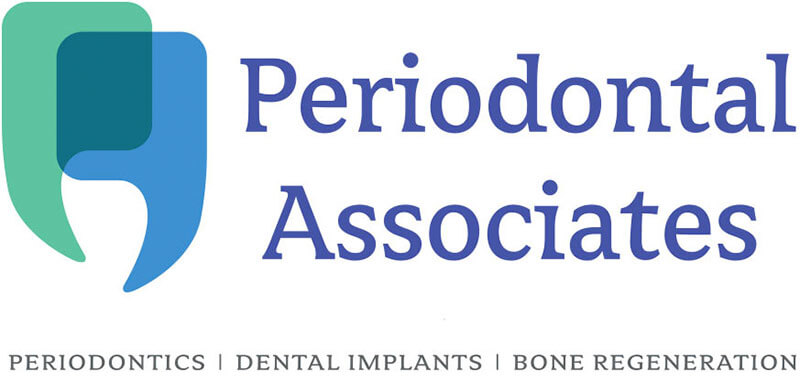NYU dental researchers have found the first long-term evidence that periodontal (gum) disease may increase the risk of cognitive dysfunction associated with Alzheimer’s disease in healthy individuals as well as in those who already are cognitively impaired. The NYU study offers fresh evidence that gum inflammation may contribute to brain inflammation, neurodegeneration, and Alzheimer’s disease. The research team, led by Dr. Angela Kamer, Assistant Professor of Periodontology & Implant Dentistry, examined 20 years of data that support the hypothesis of a possible causal link between periodontal disease and Alzheimer’s disease. “The research suggests that cognitively normal subjects with periodontal inflammation are at an increased risk of lower cognitive function compared to cognitively normal subjects with little or no periodontal inflammation,” Dr. Kamer said. Dr. Kamer’s study, conducted in collaboration with Dr. Douglas E. Morse, Associate Professor of Epidemiology & Health Promotion at NYU College of Dentistry, and a team of researchers in Denmark, builds upon a 2008 study by Dr. Kamer which found that subjects with Alzheimer’s disease had a significantly higher level of antibodies and inflammatory molecules associated with periodontal disease in their plasma compared to healthy people.
This is just another example of the important link between dental and periodontal diseases and general medical health. Your comments are appreciated.
Source: Science Daily
